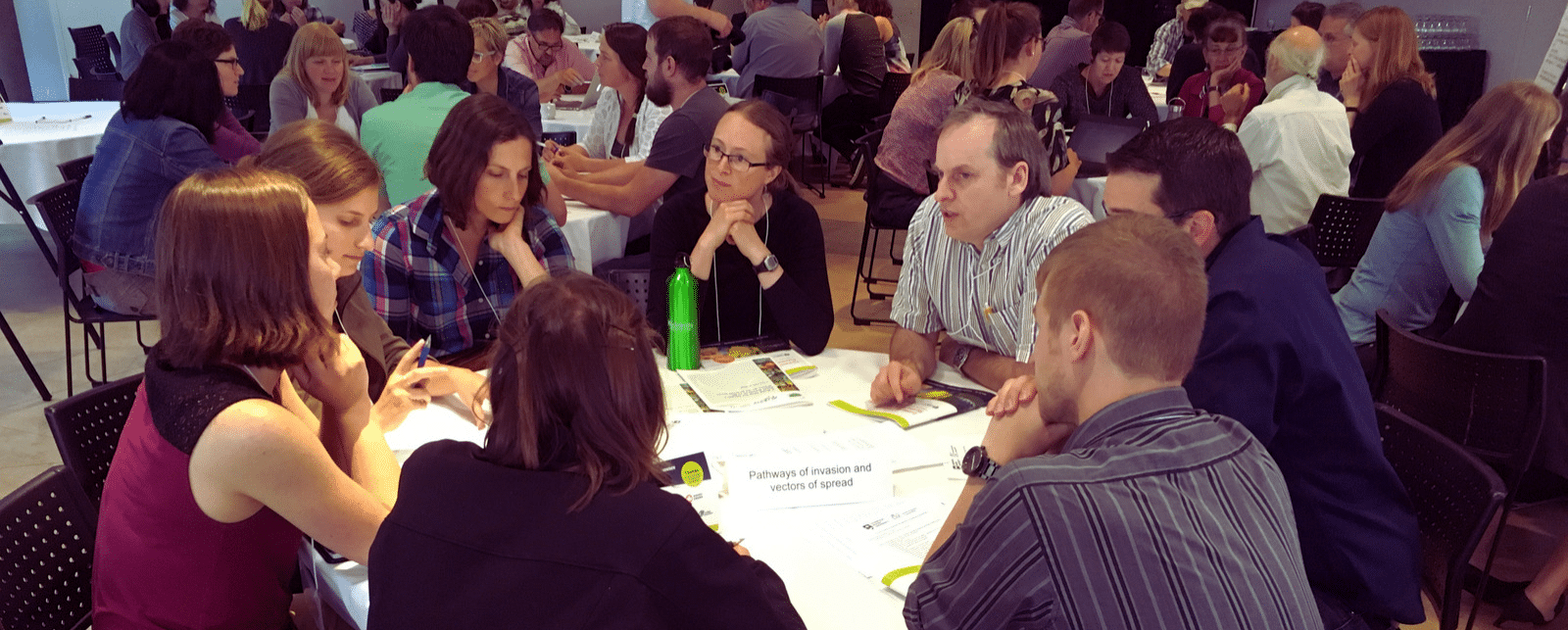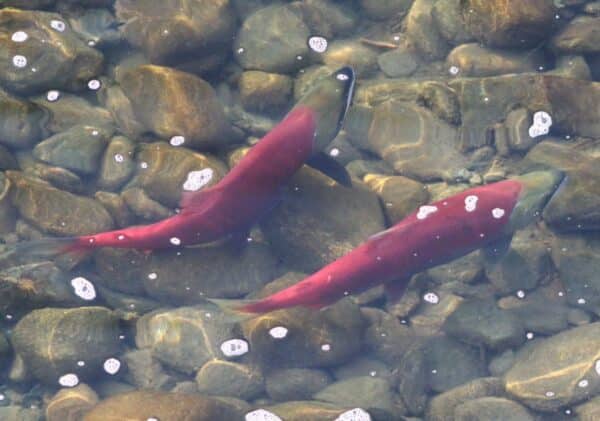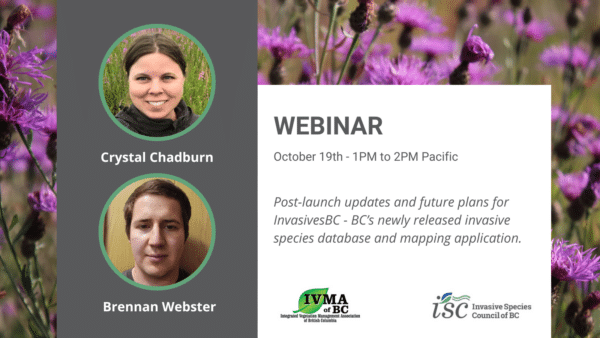ISCBC is hosting a series of themed workshops on key invasive species topics to help guide development of the 2023-2027 Invasive Species Strategy for BC. The workshop series aims to identify shared priorities and seek input for the new provincial strategy, which will be used to provide direction for invasive species management objectives over the next five years. Workshops will be approximately two hours, beginning with a short presentation from a subject matter expert, and followed by facilitated break-out room discussions about the workshop theme. These workshops are designed to be interactive and foster discussion. We ask that you come prepared to offer opinions, feedback and recommendations on matters such as regulatory tools, finances, and collaborations. Workshops are open to all people in British Columbia. Space is limited, so we are asking one person per organization to register. Please register for sessions of interest.
If you are attending our Invasives 2023 Annual Forum taking place from February 28-March 2, there is an option to attend an in-person Invasive Species Strategy Workshop – see details below. As an alternative to the workshops, we are also providing the option to fill out an online survey. Survey responses will be used in addition to the workshops to help shape the new strategy. For further information about the 2023 – 2027 Invasive Species Strategy, including access to the online survey, please visit our webpage here.
Virtual Workshop One:
Preventing the Spread – Closing Pathways and Stopping the Spread
Date: February 16, 2023
Time: 10:00 am – 12:00 pm PT
Presenter 1: Dr Tom Therriault, Research Scientist with Fisheries and Oceans Canada
Presenter 2: Bruno Gallant, Senior Legislative Officer in the Invasive Alien Species and Domestic Plant Health Programs of the Canadian Food Inspection Agency
As we continue to increase trade, develop natural spaces, recreate across ecosystems, and expand operations of natural resource industries, we generate an increasing number of pathways and vectors that can lead to the introduction and spread of invasive species. There is a precedented need to increase our understanding of the risks associated with specific pathways and vectors, to guide prioritization and ensure prevention followed by tailored monitoring, outreach, and management are strategically address these risks. As a critical first line of defense in invasive species management, prevention is key to stopping the spread of invasive species.
Virtual Workshop Two:
Restoring Biodiversity in the Face of Climate Change
Date: February 22, 2023
Time: 10:00 am – 12:00 pm PT
Presenter: Dr Dominique Sigg, Senior Policy Analyst with the BC Ministry of Environment and Climate Change Strategy
Invasive species are among the top five drivers of biodiversity loss worldwide, yet there are considerable knowledge gaps regarding the nature, extent, and severity of their impacts. Biodiversity is particularly important for the resilience of ecosystem functions, and as species populations decline or become extinct, ecosystem resiliency suffers. Further exacerbating this decline is the effect of climate change and the increase of extreme weather events. Incorporating adaptive strategies for dealing with the anticipated threats of climate change to restore biodiversity is vital for the development of focused research, education, and management strategies that help maintain the resilience of BC’s ecosystems.
Virtual Workshop Three:
Recognizing Indigenous Leadership in Invasive Species Management
Date: March 23, 2023
Time: 10am – 12pm PT
Presenter 1: David Walkem, Cooks Ferry Band and President of Stuwix Resources Joint Venture
Presenter 2: Brian Holmes, Councillor with the Upper Nicola Band
Invasive species are a major threat to the health and resilience of BC’s ecosystems and the Indigenous communities that rely on them. Stewardship of the land has been a way of life for Indigenous communities across BC for millennia however, traditional invasive species management has not always recognized Indigenous knowledge and leadership. Moving forward, from planning to operations, integrating Indigenous leadership and knowledge into Western science will be key to protecting our lands and waters from the negative impacts of invasive species.
In-Person Invasive Species Strategy Session for Forum Attendees
Date: March 2, 2023
Time: 8:30AM – 12PM PT
Following ISCBC’s Invasives 2023 Annual Forum, we will be hosting an in-person session at the Inn at the Quay in New Westminster. This session will begin with an update from ISCBC staff about the strategy development process and share key outcomes from the first two workshops, in addition to preliminary survey responses. Following the update, there will be ample opportunities to ask questions, provide feedback and participate in facilitated discussions. While we would like to open this workshop to all forum attendees, we are asking that organizations only select one of their members to participate, as space may be limited. Please stay tuned for the workshop agenda.
Share





